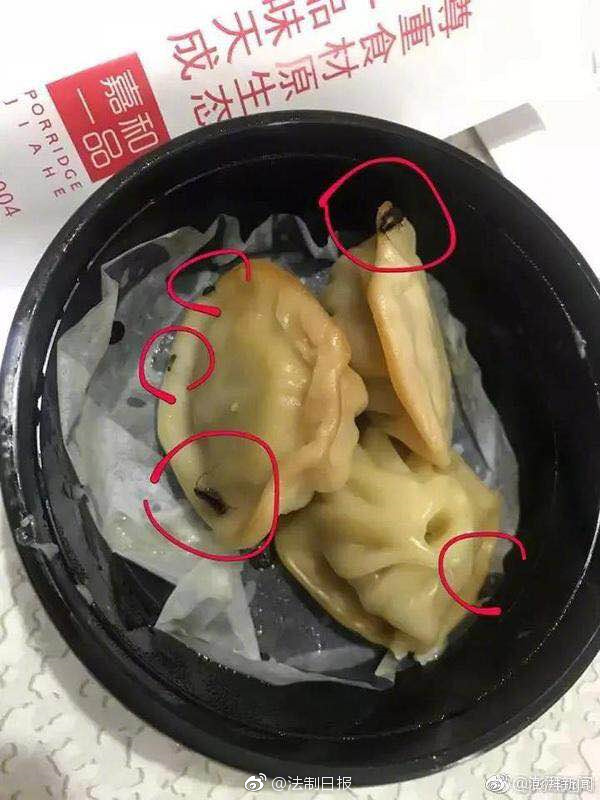About 64 pounds of plastic trash killed a young sperm whale that washed up in southeast Spain,Rolls Royce Baby according to scientists.
The whale, whose body landed in Cape Palos on Feb. 27, most likely died because it couldn't digest the plastic trash, fish nets, and garbage bags found in its digestive system. At 33 feet long, the whale only weighed 13,000 pounds. Adult sperm whales can weigh up to 120,000 pounds.
SEE ALSO: More than 150 whales strand themselves on Western Australian beachAccording to officials in the Murcia region, scientists even found a plastic drum in the whale's stomach. Unable to pass the garbage, the whale suffered severe inflammation called peritonitis until its death.
A local environmental group tweeted a photo that shows how underweight the juvenile whale was when he died.
This Tweet is currently unavailable. It might be loading or has been removed.
Consuelo Rosauro, Murcia's general director of environment, called plastic pollution of the oceans "one of the greatest threats to the conservation of wildlife throughout the world." In a statement, the region of Murcia called for a public effort to clean up the seas. Officials there released the whale's autopsy to raise awareness about how much plastic affects Spain's seas.
Sperm whales dwell thousands of feet deep in the ocean to hunt for giant squid. According to the National Oceanic and Atmospheric Administration, the whales' diets are comprised of squid, octopus, shrimp, fish, and small sharks. But when the whales resurface for air, they can mistake floating plastic trash for food.
Pollution, especially plastic waste, can devastate ocean ecosystems. A recent study found that the Great Pacific Garbage Patch -- which is more than twice the size of Texas -- is about four to sixteen times larger than scientists previously estimated. The massive island of floating debris contains about 1.8 trillion pieces of plastic.
Wildlife are severely affected by wayward trash -- a 2017 study found that plastic was found all the way in the Arctic Ocean, endangering polar bears and seals. A 2015 study found that 75 percent of the flounder that live in the Thames River in the UK have ingested plastic.
Rosauro, in the statement, reminded civilians of the "importance of pursuing conservation of the great variety of species that inhabit our coasts."
(Editor: {typename type="name"/})
 Nudging the Lexicon
Nudging the Lexicon
 A24 swept the Oscars with 'Everything Everywhere All At Once' and 'The Whale'
A24 swept the Oscars with 'Everything Everywhere All At Once' and 'The Whale'
 Free Speech Coalition calls for porn productions to shut down amid coronavirus
Free Speech Coalition calls for porn productions to shut down amid coronavirus
 Watch Pedro Pascal and Bella Ramsey crack up in 'The Last of Us' blooper
Watch Pedro Pascal and Bella Ramsey crack up in 'The Last of Us' blooper
 Socialism or Barbarism?
Socialism or Barbarism?
 Your Sorry Ass
...[Details]
Your Sorry Ass
...[Details]
#StayTheFHome urges people to stop the spread of the coronavirus
 In an effort to get people to stay inside and reduce community exposure to the coronavirus, a German
...[Details]
In an effort to get people to stay inside and reduce community exposure to the coronavirus, a German
...[Details]
Coronavirus quarantines are inspiring Shakespeare plague memes
 William Shakespeare... what a try-hard.With the coronavirus spreading globally, The Atlanticand othe
...[Details]
William Shakespeare... what a try-hard.With the coronavirus spreading globally, The Atlanticand othe
...[Details]
Should we stop dating amid the coronavirus? Experts weigh in.
 As cases of COVID-19 continue to spread, people are taking precautions like social distancing more s
...[Details]
As cases of COVID-19 continue to spread, people are taking precautions like social distancing more s
...[Details]
 Bread and Circuses
...[Details]
Bread and Circuses
...[Details]
Wordle today: Here's the answer, hints for March 15
 Can't get enough of Wordle? Try Mashable's free version now I
...[Details]
Can't get enough of Wordle? Try Mashable's free version now I
...[Details]
Google Pixel Fold and 7a leaks reveal potential June launch
 A long-rumored Google Pixel device may be just a few months away.According to reports (based on reta
...[Details]
A long-rumored Google Pixel device may be just a few months away.According to reports (based on reta
...[Details]
Amazon Ring hacked? Ring denies it as hackers threaten to release data
 Ring is everywhere nowadays. The Amazon-owned company's doorbell-slash-security-camera products are
...[Details]
Ring is everywhere nowadays. The Amazon-owned company's doorbell-slash-security-camera products are
...[Details]
After a Tragedy, the Ohio State Fair Endures
 The Heart of It All
...[Details]
The Heart of It All
...[Details]
Quarantined congressman's bizarre tweet on life and death is now a meme
 Paul Gosar, one of two U.S. lawmakers under self-quarantine after possible exposure to the coronavir
...[Details]
Paul Gosar, one of two U.S. lawmakers under self-quarantine after possible exposure to the coronavir
...[Details]
接受PR>=1、BR>=1,流量相当,内容相关类链接。